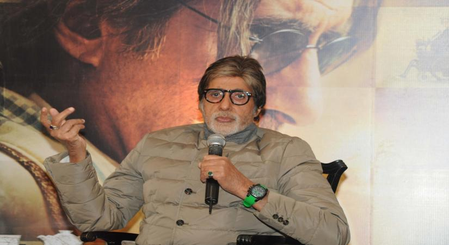Mumbai – Amitabh Bachchan has portrayed countless memorable characters over the decades. In a throwback interview, the legendary actor reflected on an interesting parallel between two of his early and iconic roles – in Anand and Zanjeer.
During the interview, Bachchan was asked:
“Your role in Anand remains etched in the audience’s memory. While you later took on a variety of roles, the ‘angry young man’ image stayed with you for a long time. Why do you think that is?”
Bachchan responded by highlighting the pivotal role that the release order of these films played in shaping his on-screen persona. He suggested that had Zanjeer released before Anand, his softer character in Anand might never have received the spotlight.
“It was destiny that Anand released before Zanjeer,” Bachchan said. “If Zanjeer had come out earlier, it’s possible my character ‘Babu Moshai’ from Anand would have been overshadowed. The character I played in Zanjeer was so powerful, it could have eclipsed everything else.”
He went on to draw a thematic connection between the two roles, noting that both characters were, at their core, rebelling against systems they believed to be flawed.
“Babu Moshai in Anand and the police officer in Zanjeer were essentially the same at heart,” he explained. “The doctor in Anand had a quiet, internal revolt – one that very few people noticed. He challenged the conventional medical practices of the time, resisting the idea of treating patients with a barrage of pills. That same spirit of defiance took a more intense, external form in Zanjeer.”
Elaborating further, Bachchan said, “The character in Zanjeer expressed that revolt in a more physical, visible way. He was a police officer wronged by the system, who boldly walks into Pathaan’s lane and says, ‘I’m not in uniform anymore. Let’s talk now.’ That confrontation was thrilling – a stark contrast to the internal struggle of a doctor questioning why medicine was becoming a business.”
Through this reflection, Bachchan shed light on how even his seemingly different characters shared a common thread: the desire to challenge injustice – whether quietly through introspection or loudly through action. (Source: IANS)














